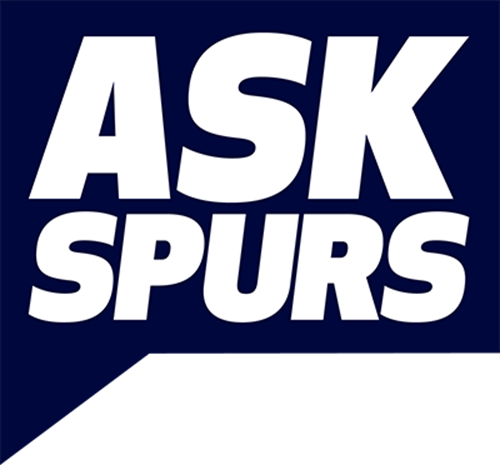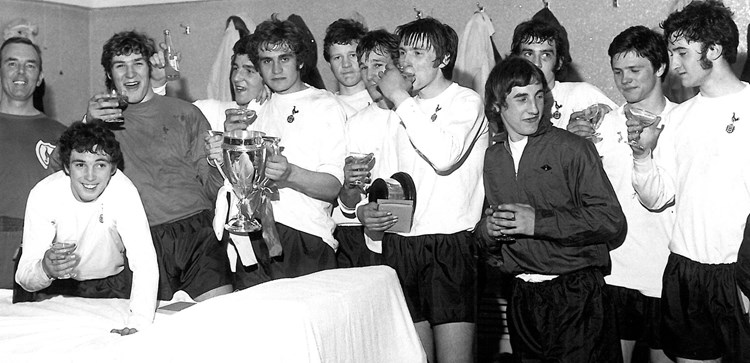
The prolific Spurs youngster who won the double with Ajax
Wed 08 May 2019, 11:42|
Tottenham Hotspur
An FA Youth Cup-winning striker during his time with us in the late 1960s and early 1970s, Ray Clarke went on to enjoy a memorable season with Ajax in 1978/79, where he won both the Eredivisie title and the KNVB Cup. This is his story...
Prised away from the Gunners
Born in Hackney on September 25, 1952, Ray Clarke represented London, Middlesex and Islington Schoolboys with distinction, which brought him to the attention of both ourselves and Arsenal. Having been offered apprentice contracts by the two clubs at the age of 15, it was a meeting with our legendary former manager Bill Nicholson that persuaded the young striker that his immediate future lay with Spurs.
“The funny thing is, I grew up supporting Arsenal, as did my father,” smiles Clarke. “But one afternoon, Bill Nicholson asked my headmaster for permission to come to my school to speak to me. Bill asked if I could leave school at an early age to sign for Spurs as he felt I had a chance of making it as a professional footballer. The fact he took time out of his busy schedule to talk to me swung my decision to join Spurs over Arsenal.”
Scoring goals and winning trophies
Signing as an apprentice in May, 1968 – before putting pen-to-paper on a professional deal in October, 1969 – Clarke became a prolific goal scorer for our youth and reserve teams during his time at White Hart Lane. He netted 35 times in 50 appearances for us outside of first-team level in his debut season in 1968/69 and followed that up with 45 strikes in 53 matches as we won the FA Youth Cup, London Youth Cup and Southern Junior Floodlit Cup in 1969/70.
“In my second season in the youth team, we swept the board winning nearly every competition we were involved in,” comments Ray. “We had a fantastic youth team with the likes of Graeme Souness, Steve Perryman, Mike Flanagan, Barry Daines to name but a few.”
Our youth team of 1969/70 - back row, left to right: Bill Edwards, John Oliver, Ray Clarke, Barry Daines, Brian Turner, Mike Dillon. Front row (l-r): Maurice Embleton, Ron Gilson, Bobby Wiles, Graeme Souness, Bobby Almond. Insets: Phil Holder (left) and Steve Perryman.
Clarke scored five times in seven matches en route to the FA Youth Cup Final that season. He also played in the four matches against Coventry City in the final as we eventually beat the Sky Blues 1-0 at White Hart Lane in the second replay to win the competition for the first time in our history.
“We had played Coventry at Highfield Road earlier in the season in another competition (the Southern Junior Floodlit Cup) and we beat them 3-0,” he recalls. “The FA Youth Cup Final was a much tighter affair and I remember the intensity of the four games. We won 1-0 at the Lane in the first leg and then lost 1-0 at Highfield Road in the return. In those days you tossed a coin to see where the replay was played. We went back to Coventry and drew 2-2 with Steve Perryman scoring a really good goal in that game. In the second replay, it was Graeme Souness who got our winner as everyone knows.”
A fleeting first team appearance
In total, Clarke scored 155 goals in 228 matches for our youth and reserve sides between 1969 and 1973. He made his one and only appearance for our first team as a substitute in our 1-1 draw with Leicester City on 21 April, 1973.
“I remember coming on for Alan Gilzean with about 15 minutes remaining,” smiles Clarke. “It was a great occasion for me. I remember coming off the pitch at the end and Bill Nicholson asking me ‘how did you find that Clarkey?’ to which I replied, ‘yes boss, it was good’!
“Having done well for the youth and reserve teams, it eventually came to a point for me at Spurs where I thought ‘where do I go from here’. I remember speaking to Bill Nicholson, who offered me a new contract at one stage. He came back to me a few weeks later though and said a number of clubs had made enquiries about me and said maybe the best thing for me would be to go and play regular, first team football. I left Spurs with a heavy heart… I didn’t really want to go but I agreed with Bill. I knew I needed to go and play.”

Clarke signed for Swindon Town in 1973, briefly playing under our former Double-winning striker Les Allen, who was manager at the County Ground at that time. A broken ankle restricted the forward to just 14 league appearances for the Robins prior to joining Mansfield in the summer of 1974. The Stags won the old Fourth Division title in his debut season, with Clarke scoring 30 goals in 53 appearances in all competitions as he was named in the PFA’s divisional Team of the Year.
“Mansfield was the making of my career in many respects,” surmises Ray, who departed Field Mill for Dutch side Sparta Rotterdam in 1976, having scored 59 goals in 111 matches for the Stags.
Going Dutch
Clarke netted 35 times in 65 Eredivisie matches prompting then-manager Cor Brom to take the striker with him to Ajax when he landed the top job at the Amsterdam club in the summer of 1978. The forward only spent one season at De Meer but became a cult hero amongst Ajax supporters, scoring 38 goals in 44 matches as the Amsterdamers won both the Eredivisie title and the KNVB Cup in 1978/79.
“Everything about Ajax was totally new to me,” says Clarke, who became the first – and to date, only – English player to ply their trade for Ajax. “Everything that was done at Ajax – the way they trained and played, the fitness levels, technical ability, mental application and of course the culture of ‘Total Football’ – was on a different level to any other club I had been a part of previously. I was playing with some unbelievably good players like Ruud Krol, Frank Arnesen, Soren Lerby.
“The football was totally different. I played as a loan striker with two wide players – Tscheu La Ling was usually on one side – a strong, powerful winger who was immensely talented. Arnesen and Lerby were in the hole behind and then we had a holding midfielder. I remember when we played a UEFA Cup match against Athletic Bilbao we marked them one-for-one when we didn’t have the ball. I’d push on to the sweeper and the midfield players pushed onto their opposite numbers. It got a bit scary but that’s how it was!”

Clarke opened his scoring account in the first minute of his Eredivisie debut – a 7-1 win for Ajax at NAC Breda on 26 August, 1978. “It took me a few months to settle in, but by the November I felt I’d really adapted to the style of football at Ajax,” he says. “When you’re a striker, you get judged on your goals. Not only was I lucky to score a good amount that season, but I also scored some important goals. I scored in the Dutch Cup Final against FC Twente. In fairness, Twente should have won that game as our performance wasn’t very good at all. But it went to a replay and I scored again as we won 3-0. A few days later, I scored a late equaliser against AZ 67, which was enough for us to seal the Eredivisie with one match still to play.”
A shock exit
With Clarke having signed an extension to his Ajax contact at the end of his incredible debut season and the club’s supporters having taken the Englishman to their hearts, it was a major surprise when they decided to sell the player to Club Brugge in the summer of 1979. “A new chairman arrived at Ajax at the end of that season and I ended up being sold,” laments Clarke. “It was a big period of change for Ajax and lots of big players were sold not long after I left, like Krol, Arnesen, Simon Tahamata. In hindsight, I should have dug my heels in a bit more in order to stay.”
After a brief spell with Brugge, Clarke returned to England to play for Brighton & Hove Albion and Newcastle United before hanging up his boots in 1981. He has worked in various scouting, coaching and recruitment roles for the likes of Southampton, Coventry City, Celtic, Middlesbrough, Newcastle United and Blackburn Rovers since then, departing his most recent role as Technical Director at Cypriot club Omonia Nicosia in 2016. Having recently sold a hotel business in Buckinghamshire, the former Ajax striker is keen to work in the football industry once again and has held tentative discussions with a German side with regards to a possible scouting role going forward.
In the meantime, he is looking forward to the second leg of a match-up between two of his former teams in the UEFA Champions League semi-final tonight, but is refusing to select a winner. “There’s no way I could choose one over the other,” laughs Ray. “What I’m sure of is that it will be a great contest between two talented sides and there might only be the odd goal between them.”


























